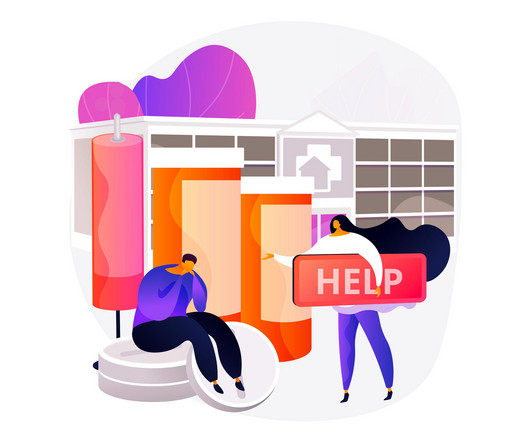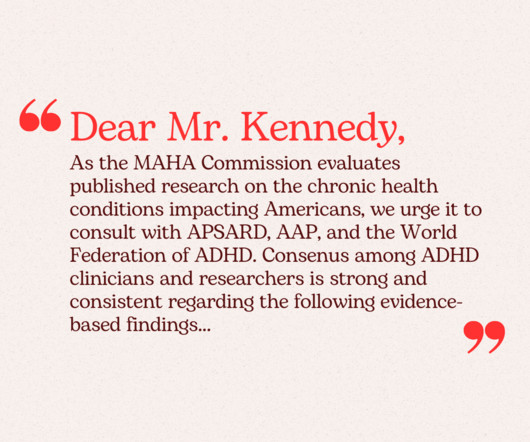MPS Members Actively Taking New Patients: Appointments Within 1-2 Weeks
The Maryland Psychiatric Society
DECEMBER 10, 2024
Phone: (301) 970-4001 Website: [link] Availability: Immediate/within 1 week Insurance: Blue Cross Blue Shield and Johns Hopkins EHP and USFHP insurance plans are accepted. Mostly sees patients with a Mood Disorder: Depression, Anxiety and Bipolar Disorder. MPS Members Actively Taking New Patients Sara Singh, M.D.












Let's personalize your content